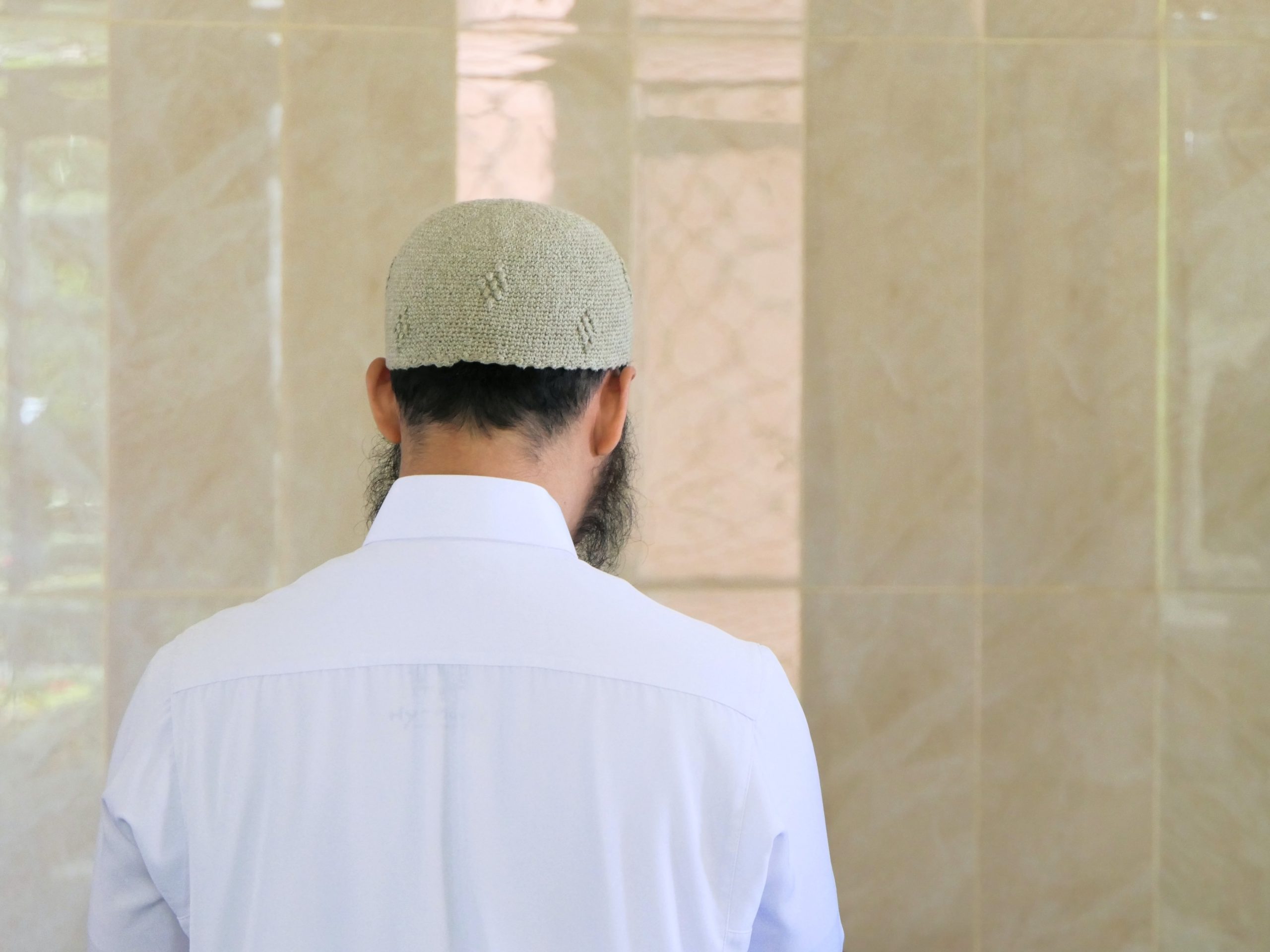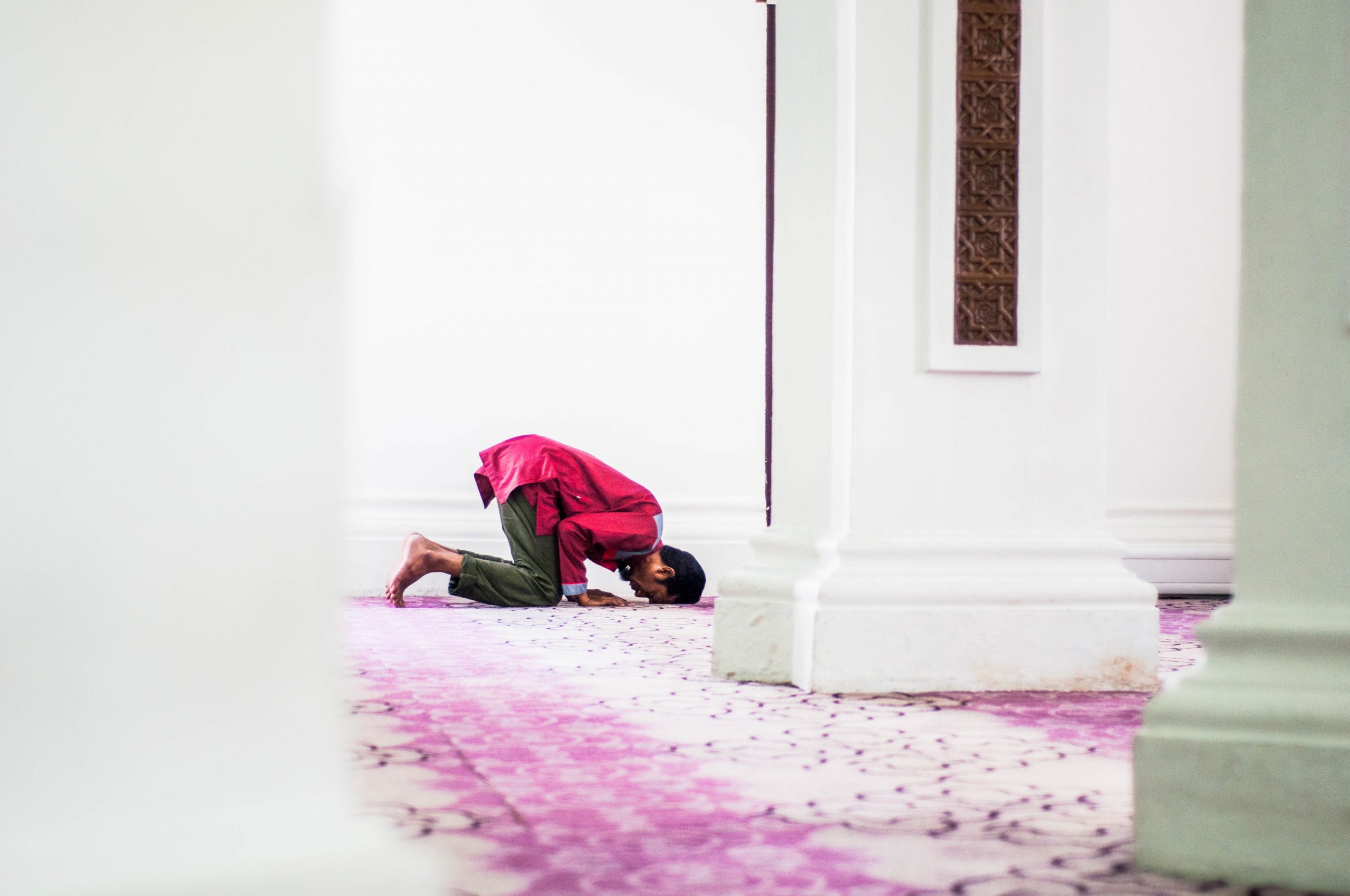‘Islamophobia’ may be defined as excessive fear, anger, and hatred against Islam and Muslims, despite the fact that the term is contentious and sometimes even problematic. It is perpetuated by negative stereotypes, resulting in discrimination and the marginalisation of Muslims from social, political, and civic life.
The origins of this form of xenophobia are also debated, but an increase in Islamophobic action is known to have resulted from various terror attacks in the western world by Islamic extremists in the past few decades, such as the 9/11 attacks.
Alongside many other forms of racist abuse, Islamophobia is quite prevalent in the UK. In a 2018 study, conducted by the Equality and Human Rights Commission, 70% of Muslims experienced severe religion-based discrimination in the preceding year. According to Home Office figures, Muslims were the target of half of all reported religious hate crime incidents, for the survey period ending in March 2020.
Reinforced Stereotypes
Right-wing critics frequently make inaccurate remarks about Islam and Muslims. They dehumanize Muslims and claim that Islam is incompatible with Western democratic principles. According to a BBC survey conducted in 2016, a majority of Britons believed Islam is incompatible with Western ideals. This is a deeply worrying result, given that more than 3 million people in the UK identify as Muslim. Many people are also believed to detest the fact that Islam is the world’s fastest-growing religion and, as a result, reject any activities or behaviours associated with the faith.
The surge in anti-Muslim ideology adds to prejudiced perceptions and reinforces stereotypes. Critics widely assert that ‘Wahhabism’ or ‘Wahhabi Extremism’ is the foundation of Islam. Wahhabism is an Islamic school of thought that incites hatred against both non-Wahhabi Muslims and non-Muslims through an unquestioning, literal interpretation of Islamic texts.
Many individuals begin by cherry-picking passages from the Qur’an and historical accounts to justify their contradicting declarations (like Islam aiming to reinforce violence). As a result, there is a lack of differentiation between the terms ‘terrorist’ and ‘Muslim’. Subsequently, the Equal Employment Opportunity Commission (EEOC) found that in the aftermath of September 11, discrimination against Muslims, Sikhs, Arabs, Middle Easterners, and South Asians, or those believed to be members of these groups, has intensified.
However, Atif Rashid from The Independent highlights verses from the Qur’an that help to identify how Islam is not just compatible with Western ideals; it was the first to advocate for and create them long before western democracies. Islamic and Western ideals are intertwined and have been for far longer than people would think.

Within Work Environments
In the workplace, Islamophobia prevails immensely. According to research from 2017, young Muslims are “being held back” from attaining their “full potential at every stage of their lives.”
The research indicated how young Muslims believed that prejudice in the recruitment process hinders their involvement in the employment market. With some respondents stating that minority ethnic-sounding names lessen the chance of applicants being offered an interview.
Once at work, respondents suggested that racism, discrimination, and a lack of cultural understanding had hampered their job development and progression. Women of the Muslim faith who took part in the study reported that wearing a headscarf at work “was an additional visual marker of difference that was perceived and experienced as leading to further discrimination.”
With reference to a few high-profile examples, Abercrombie & Fitch was deemed responsible for religious discrimination after dismissing a Muslim employee for wearing a headscarf. Conversely, in Sweden, a Muslim job candidate who refused to shake the hand of a male supervisor won a separate discrimination lawsuit; the job applicant won on religious grounds, and the firm was ordered to compensate her.
Moreover, in the EEOC versus AutoZone Inc. case, a Sikh employee was refused religious accommodation and was mistreated by co-workers who frequently referred to him as “Bin Laden” and made other incendiary comments about him. The lawsuit was resolved for $75,000, and AutoZone was required to implement a new policy that expressly tackles religious discrimination, as well as retrain their human resource staff and management.
Right To Religious Freedom
Following the European Union court’s decision to allow employers to ban headscarves from their workplaces, critics have argued that this will not only exclude Muslim women but will also encourage Islamophobia. Some have highlighted how this “infringes on human dignity” whilst others have argued that the concept of religious freedom is thought to now exclude Muslims.
Furthermore, Alan Milburn, head of the government-sponsored Social Mobility Commission, notes that “Young Muslims themselves identify cultural barriers in their communities and discrimination in the education system and labour market as some of the principal obstacles that stand in their way. Young Muslim women face a specific challenge to maintain their identity while seeking to succeed in modern Britain.”

Addressing Islamophobia
Although there are no legally binding definitions of Islamophobia, the Equality Act 2010 protects the recognized qualities of ‘race’ and ‘religion or belief’. Additionally, the Racial and Religious Hatred Act of 2006 makes it unlawful to use threatening words or behaviour, to exhibit threatening written material, or to deliberately stir up hatred against someone on the basis of race or religion.
Places of work that aim to promote an inclusive environment should take cultural differences into account. Whether that means offering halal or vegetarian food in canteens, giving employees time to take part in particular prayers or simply replacing handshaking with a more appropriate greeting (between genders).
Employers should also aim to ensure faith and race-based training have been completed by HR or an employee relations member of staff. That dress codes have been taken into consideration and encourage workers from minority communities to actively participate in a workplace culture of discussion that fosters open interactions between senior staff and employees.
On a wider scale, Western countries must reassess their narratives about Islam. The problem is exacerbated by people in the West who promote the concept that Islam and liberal democratic principles are incompatible. Even though it is indisputable that the Islamic world contains a troublesome extremist element, Western players (who are primarily right- winged) have assisted Wahhabi ideology in becoming a worldwide phenomenon, to the disadvantage of Muslims themselves.
Rather than blaming Muslim migration and Islamic radicals for terrorist acts, it is time for the West to examine its own narratives and actions in relation to Islam, so that Islamophobia can be eradicated in all environments and not just the workplace.
